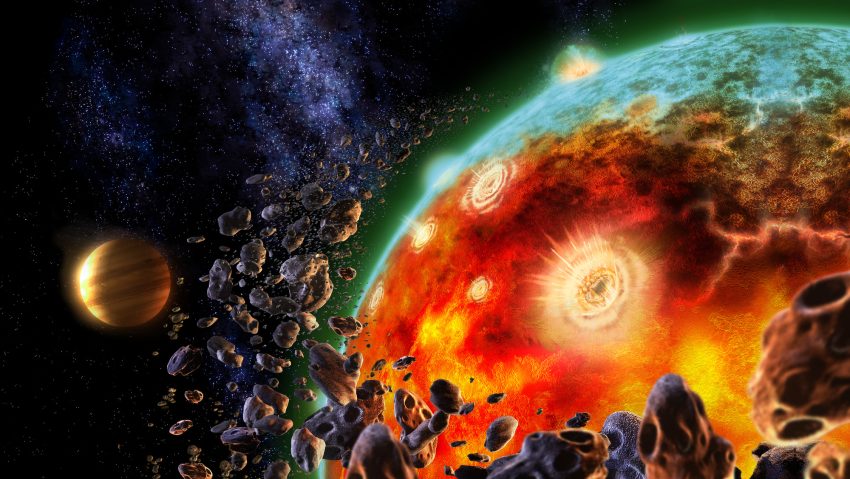Visitors have accessed this post 275 times.
In a 2002 study by Michael Lynch and Adam Eyre-Walker published in Nature, the “waiting time” for the proliferation of a given mutation that is beneficial for a species with a selective advantage of 1% (1% greater chance of surviving than without) is 1.26 million years.
For a 0.1% advantage, it is 216,000 years.
Human beings share a common ancestor with chimpanzees that lived 8 to 6 million years ago.
A question we may ask: how could a complex animal like a human develop with such a low rate of evolutionary change, let alone its evolutionary predecessors?
“Intelligent design” provides us explanatory value, and we ought to give it attention.
(Picture creator: Dorling Kindersley | Credit: Getty Images/Vetta)


